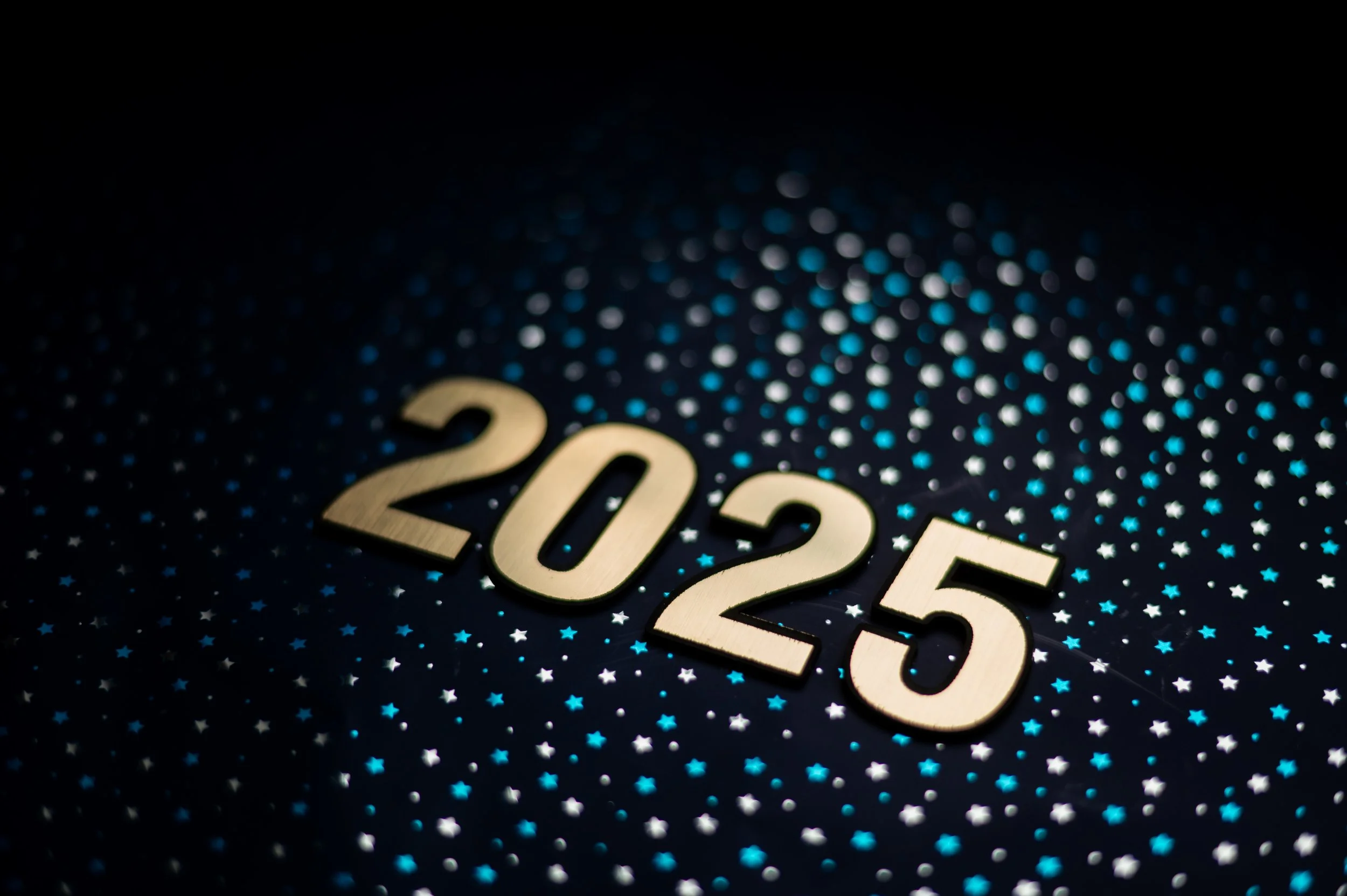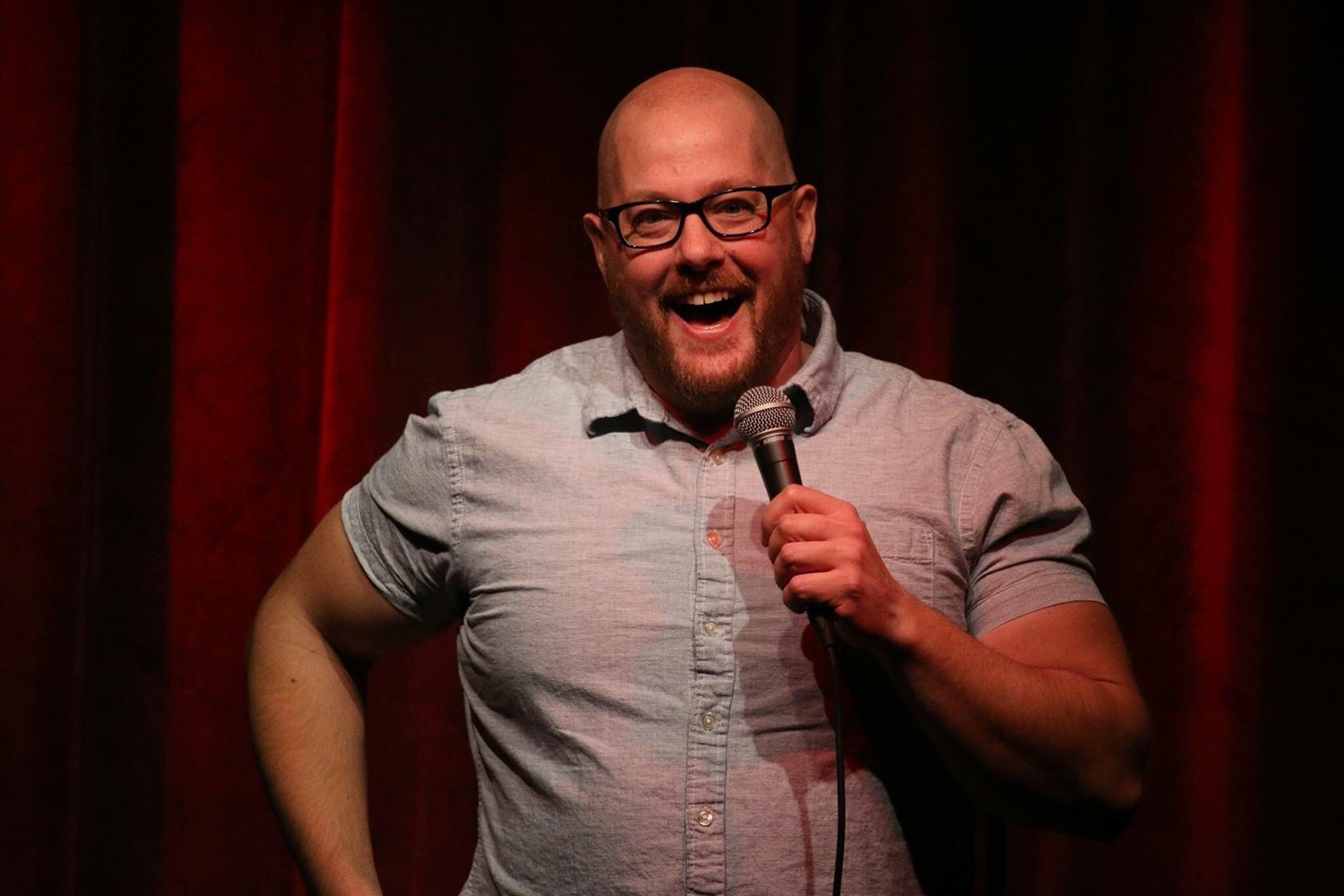Ron’s Topics
“Ten ways to tell you might be sitting next to an economist,” May 9, 2016, The Economist
“Those incredible flying machines,” The Economist, June 25, 2016
“Maximin,” The Economist, June 25, 2016
“Stay with me,” The Economist, May 7, 2016
May 3, Hyatt profits up 55% over same QTR 2015
REVPAR (revenue divided by rooms available in a given period) has risen last 6 years in America
Booking from online sites increased to 1/5 rooms, up from 1/10 in 2006
AIRBNB valued at $25B
One solution: get bigger. Marriott buy Starwood $13B, 1.1 million rooms, get lower fees from online sites
AIRBNB has even more rooms than 1.1M
Sued SF over $1K/day fine for each renter not registered (8-%). Airbnb not responsible for failure to comply?
Brexit
July 2, 2016 The Economist
Breversal: 4m+ signed petition for a re-run of vote
Support for EU is collapsing, esp in France (Germany feels reparative responsibility)
EU buys ½ UK exports
Norway option: continued access to Europe’s “single market” in return for the free movement of people, and cont to EU budget
Article 50 is about Exit, not trade (has to be separate negotiations). Trade requires approval of members
Canada-type trade deal, or WTO rules
Will Brexit undermine NATO?
English may no longer be language of European business
Airlines divert investments to EU, Pharma R&D, too
Morgan Stanley says 1.5% off Britain’s growth rate 2016-17, half as much for EU, .5% off global growth (UK 4% of world GDP?)
Boston Beer Company (Samuel Adams) applied for the Brexit trademark—cider!
European Parliament announced a proposal to tax robots as “electronic persons.”
Ronald Reagan. Government's view of the economy could be summed up in a few short phrases: If it moves, tax it. If it keeps moving, regulate it. And if it stops moving, subsidize it.
Artificial Intelligence: The return of the machinery question
The Economist, Special Report: June 25, 2016
David Ricardo first posed “The machinery question” in 1821, "The influence of machinery on the interests of different classes of society, and in particular the opinion entertained by the labouring class, that the employment of machinery is frequently detrimental to their interests."
Thomas Carlyle, 1839, railed against the “demon of mechanism, oversetting whole multitudes of workmen.”
During the Industrial Revolution, John Stuart Mill said, "There cannot be a more legitimate object of the legislator’s care than looking after those who livelihoods are disrupted by machines."
1930s: Keynes coined “Technological unemployment.”
JFK issued a domestic challenge: “to maintain full employment at a time when automation…is replacing men.”
1964 Nobel winners formed the Ad Hoc Committee, on the Triple Revolution, which sent president Johnson a memo warning of the "Danger of the combination of the computer and the automated self-regulating machine that would divide society into skilled elite and unskilled underclass."
2013 Oxford study, 47% of jobs in America were high risk (overblown?)
Merrill Lynch by 2025, $14T-33T impact?
McKinsey Global Institute, transformation is happening 10X faster and at 300 times the scale (3000x) impact of Industrial Revolution.
Stephen Hawking, Elon Musk, Bill Gates: AI poses an existential threat to humanity.
2015: $8.5B spent on AI companies.
Long-term goal: Artificial General Intelligence (AGI), capable of solving a wide range of tasks, rather than a new AI system for each problem. AI experts can still publish after joining industry.
Companies ok with this transparency, since they can give away AI systems because they have access to the data. Elon Musk co-founded OpenAI, $1B, with the goal of openness for AI research.
Daniel Susskind quoted: “We compare machines to perfection, not to humans doing the same tasks (driverless cars).”
Will AI get its own regulatory agency (FDA, FAA)?
Pessimists vs. optimists? The Economist is somewhere in the middle.
Governments need to make it easier for workers to retrain and switch jobs. MOOCs, Udacity, Coursera will help. In future, learning to relearn will become the skill needed.
What determines vulnerability to AI?: whether work is routine.
Jobs will be redefined rather than destroyed.
Impact won’t be as great as epochal shift from agricultural to industrial economy.
After AI’s dark winter, and the slow rate of progress, it’s ironic that many now think it’s moving too quickly.
Ed's Topics
Travis Kalanick on Uber's bet on self-driving cars: 'I can't be wrong'














